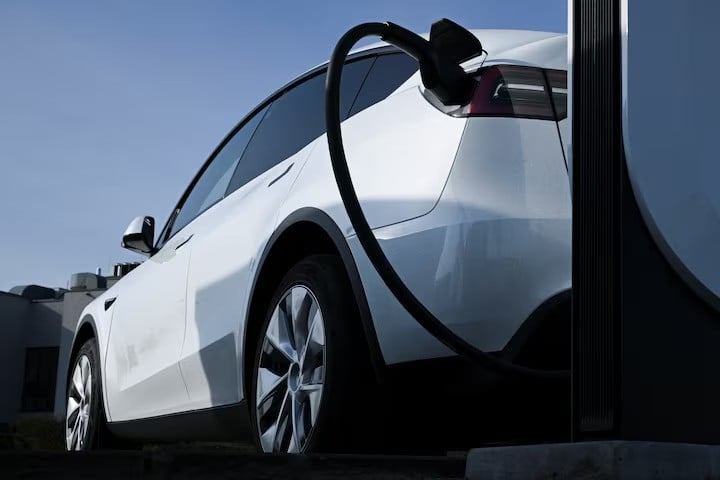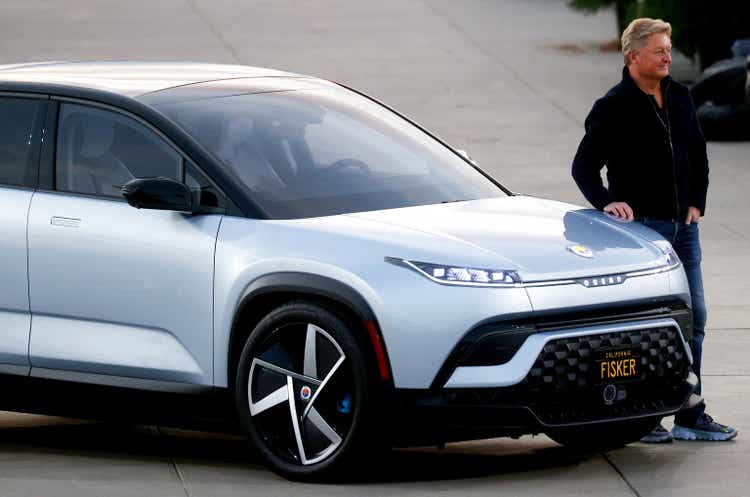

Chinese electric vehicle (EV) startup WM Motor has filed for a pre-restructuring process, citing operational challenges caused by the pandemic, capital market sluggishness, and setbacks in gaining capital. The company plans to introduce strategic investors to support its rebirth. WM Motor's annual losses doubled to 8.2 billion yuan ($1.13 billion) over the past three years. The filing comes after failed attempts to seek a listing in Shanghai and Hong Kong. Concerns remain over consumer spending on cars amid a shaky post-COVID economic recovery.
In a separate development, US electric scooter rental company Bird has also filed for bankruptcy protection for its US assets. The reorganization will involve the sale of assets and aims to position the company for long-term, sustainable growth. Bird has obtained $25 million in financing from Apollo Global Management to complete the reorganization. The company was part of a generation of scooter companies that grew quickly in the late 2010s but faced challenges as scooters frequently went outside designated areas and were involved in accidents. Bird still maintains operations in 350 cities.
Additionally, Fisker Inc. has filed for Chapter 11 bankruptcy in Delaware and is in advanced talks for debtor-in-possession financing and the sale of its assets. The cash-strapped electric vehicle maker cited market and macroeconomic headwinds as the reason for its struggles. Fisker Group, the company's operating unit, made the bankruptcy filing, listing assets of around $500M-$1B and liabilities of $100M-$500M. Fisker had previously raised doubts about its ability to continue as a going concern and faced issues with its Ocean SUV, including a recall of 11,201 vehicles and an investigation by the NHTSA [b7321e51].
Electric vehicle startup Fisker is heading towards liquidation after filing for bankruptcy protection. The company does not anticipate being able to obtain financing and plans to liquidate its assets. Fisker has reached a tentative deal with a single buyer for all of its 4,300 vehicles. The company was never profitable, with about $273 million in revenue in 2023 and a net loss of $940 million.
These developments highlight the challenges faced by companies in the electric mobility sector, both in China and the United States, as they navigate operational difficulties and seek financial stability amidst changing market dynamics and regulatory concerns. Bird's bankruptcy also raises questions about the viability of the shared micromobility industry, as discussed in a recent opinion piece by Megan McArdle in The Washington Post. While valuable in terms of reducing greenhouse emissions, air pollution, traffic, and danger to pedestrians, Bird and similar companies struggle to make profits due to high capital expenditures and labor costs. The market for shared micromobility may need to consolidate to a single player to achieve sustainable profits. The current financial environment could lead to a winner-take-all market, limiting competition and potentially raising prices for users.
The ability to attract strategic investors, streamline operations, and manage debt obligations will be crucial for the survival and success of these companies in the long term.